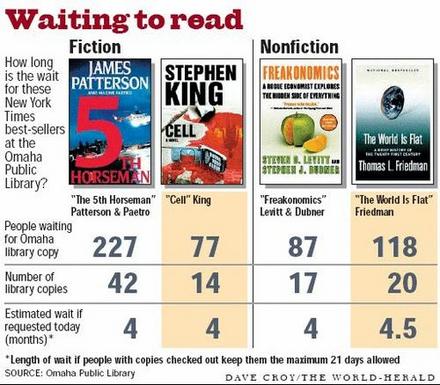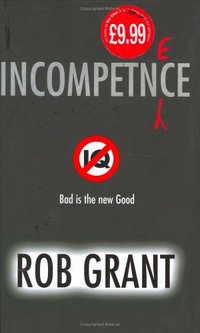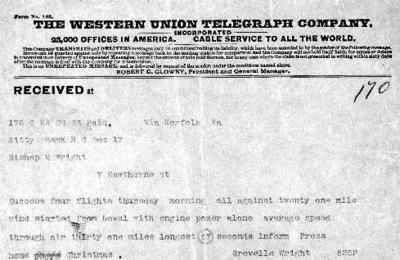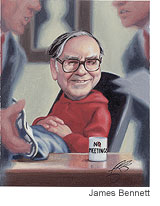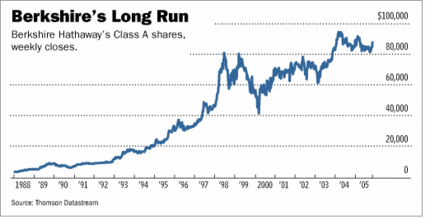 Source of image: WSJ article cited below.
Source of image: WSJ article cited below.
(p. A1) David F. Morehouse, senior geologist with the U.S. Department of Energy’s Energy Information Administration, contends there is more new oil to be found in the continental U.S. Finding it, he says, will “depend on people doing the data analysis and, quite frankly, people going in and drilling enough in the right places.”
Mr. Findley, who is 54 years old, did just that. Now production in this part of eastern Montana is growing, and new investors are arriving to explore the potential. At least one midsized firm, Marathon Oil Co., has begun buying leases. Halliburton Co., the big Houston-based oil-services company, has invested with Mr. Findley. The state says the proven oil find in the area will likely be in the range of 150 million barrels, hardly what oil-patch hands call an “elephant,” but nevertheless boosting the nation’s proven oil reserves by about 1%.
. . .
(p. A14) While many people associate big oil finds with big companies, over the years about 80% of the oil found in the U.S. has been brought in by wildcatters such as Mr. Findley, says Larry Nation, spokesman for the American Association of Petroleum Geologists. Wildcatters search for oil, nail down drilling rights, then seek money from banks or bigger companies to extract it.
Mr. Findley grew up in Corpus Christi, Texas, the son of an accountant for a chain of grocery stores. A brother-in-law, a geologist, hired him as a field assistant to hunt for oil in west Texas. “I just fell in love with geology,” he recalls. He graduated from Texas A&M University in 1975 and got a job as a geologist with Tenneco Oil Co. In 1983 he left to found his own Montana-based consulting and exploration company, a one-man operation.
Three years later, world oil prices crashed, and fluctuating prices dogged Mr. Findley as he tried to stay in the business. In the 1990s, the majors left the area in the belief that it was played out. Mr. Findley felt there was more oil to be found and began putting together small exploration deals.
His income had dropped by more than half to $45,000 a year, and he wasn’t sure how much longer that would last. “Many times, my wife and I sat down at the kitchen table and said, ‘What are we going to do next?’ We always came to the same conclusion. [Geology] is what I know. This is what I love. So we just kept going.”
For the full story, see:
JOHN J. FIALKA. “Second Look; Wildcat Producer Sparks Oil Boom On Montana Plains After Majors Pulled Out, Mr. Findley Drilled Anew; Size of Find Still Unclear; A Rival Counts Tanker Trucks.” The Wall Street Journal (Weds., April 5, 2006): A1 & A14.
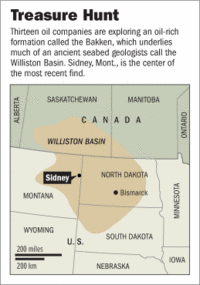 Source of map: WSJ article cited above.
Source of map: WSJ article cited above.



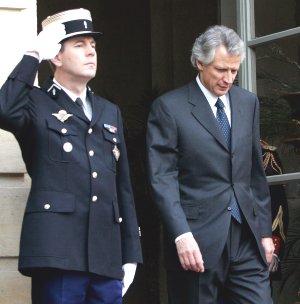 A salute to Villepin may be in order. Source of image:
A salute to Villepin may be in order. Source of image: 